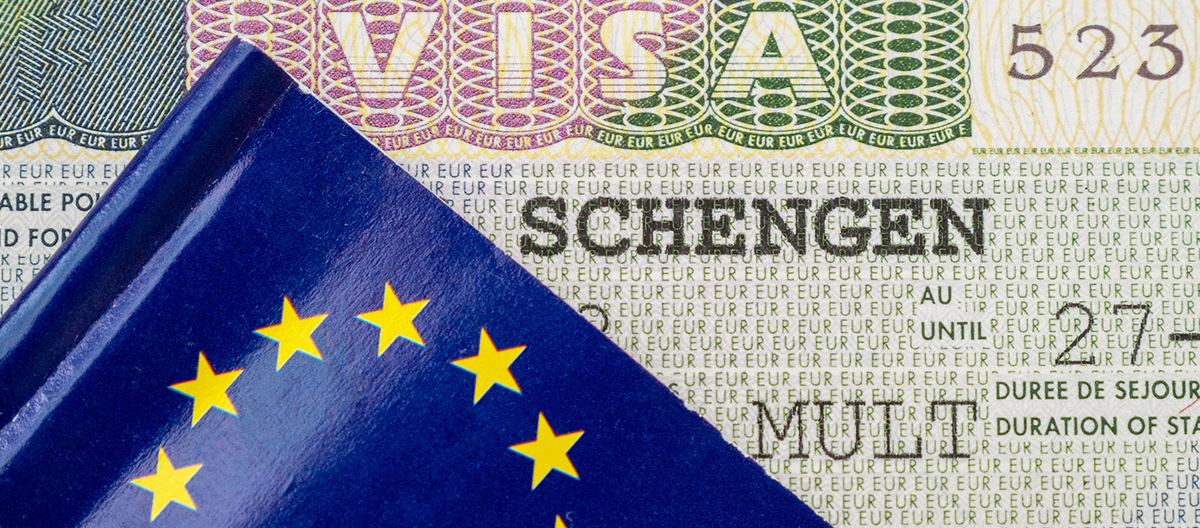In a significant stride towards modernising and simplifying visa procedures, the European Parliament and the Council have recently approved rules for the digitalisation of the visa process. Anitta Hipper, the European Commission Spokesperson for Home Affairs, shared valuable insights regarding these groundbreaking changes.
Faster Processing Times Await Visa Applicants
One of the most promising aspects of this digital transformation is the substantial reduction in processing times. Anitta Hipper has expressed her optimism that these changes will eliminate the long waiting periods applicants have often endured. The switch to fully online application procedures means that physical copies of documents will become obsolete, effectively lightening the administrative burden that typically accompanies paper applications and visa stickers.
The Transition to Digital Visa Issuance
The essence of this transformation lies in the digitalisation of the visa issuance process. Member States will soon process applications digitally and issue visas in a digital format, eliminating the need for physical visa stickers. This change not only reduces administrative complexities but also plays a pivotal role in accelerating processing times.
Two Key Benefits of Digitalisation
Anitta Hipper emphasises two major advantages of this digital evolution. Firstly, the EU Visa Application platform will provide a harmonised and seamless procedure for applicants. This will significantly cut down on costs associated with travelling to consulates or visa application centres, making the entire process more accessible and convenient.
Secondly, visas will be issued in a digital format and directly linked to the traveller's document. This means that applicants will no longer need to surrender their travel documents at consulates or visa centres for the application of a visa sticker. This not only saves time but also eliminates additional costs related to retrieving the travel document.
Challenges in the Transition Period
However, it's important to note that several factors can impact the processing of Schengen visa applications. Post-pandemic, Schengen Member States have experienced a surge in visa applications, which has inevitably led to delays in the processing pipeline. These delays have been especially pronounced during peak holiday periods.
To address this challenge, the European Commission has called upon Member States to enhance their operational capacities and open up more appointment slots. Some Member States have already taken proactive measures by regularly updating their systems and increasing staff numbers as per demand. This ensures that all visa applications are processed efficiently and within a reasonable timeframe.
In conclusion, the digitalisation of the visa process in the European Union is a significant leap towards simplifying and modernising visa procedures. It promises quicker processing times, reduced administrative hassles, and enhanced convenience for applicants. While challenges exist, the concerted efforts of Member States to adapt to this digital era will undoubtedly pave the way for a smoother and more efficient visa application process. Stay tuned for further updates on this transformative development.


